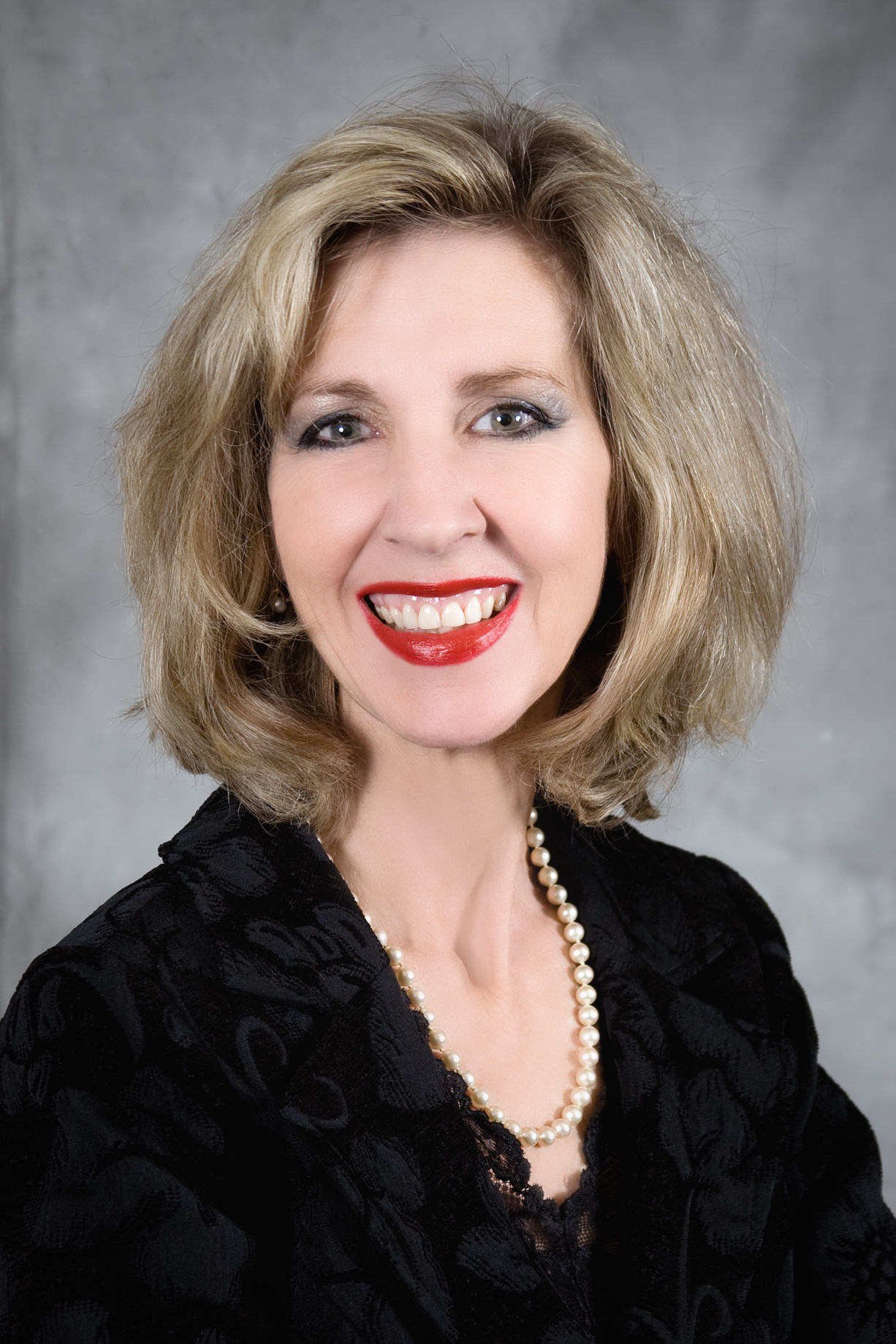
DALLAS (BP) — The U.S Supreme Court will hear a monumental religious liberty case on Tuesday (March 25). It’s being brought by the Hobby Lobby chain of stores, owned by the evangelical Green family, and Conestoga Wood Specialties, owned by Mennonites. The owners of both businesses object to being forced to provide coverage for abortion-causing contraceptive drugs under Obamacare.
The only true exception to the Obama administration’s HHS mandate is for churches and their auxiliaries. But the mandate caused such a furor that the administration at least made a pretense to accommodate non-church-related religious organizations such as hospitals and schools, but critics said it still would force such groups to provide access to the drugs through third parties. Nearly 50 non-profit lawsuits have been filed against the mandate and nearly 50 for-profit lawsuits, encompassing 300-plus plaintiffs.
However, for private businesses whose owners see the HHS mandate as a violation of their religious beliefs, the administration did not even go through the motions of offering conscience protection as it did with religious nonprofits.
Why not?
Constitutional attorney David French asked that question in a recent column at National Review. He offers an answer, wondering if there’s a twisted version of Christian theology that has managed to linger in our culture — one that is actually undergirded by what he calls “an old yet popular theological mistake, the sacred/secular distinction in work and life.”
It’s this idea that a calling to the ministry is somehow a higher calling than that to other work. French writes, “The distinction is so prevalent amongst certain evangelicals, you can sense a barely-restrained eagerness to get out of the secular workforce as soon as possible — to move as quickly as possible into the ‘Lord’s work.'” This outlook in the culture has produced the idea that for-profit work, though done by sincere, believing people of faith, is less worthy of protection from state interference than work done for churches and parachurch ministries.”
Theologian Lester DeKoster wrote an important booklet in which he explained how churches have disconnected discipleship from everyday life. DeKoster argued that the biblical model of stewardship encompasses our whole lives, “how we cultivate the world in all our activities.”
David French points to the “real-world effects of free enterprise — with billions lifted out of poverty, life expectancies extended, and a quality of life unrecognizable to individuals who lived even a century ago.” He asks, “Is a soup kitchen a morally superior enterprise to a company that provides its employees with meaningful work and a livelihood?” He wonders if this is “why Americans have acquiesced in the continual encroachments on for-profit liberty.”
In the Hobby Lobby case, the federal government argued that private individuals lose their religious freedom when they go into business. Again, we see the residual effect of this false sacred/secular distinction. Believing saint, for freedom’s sake, pray that such reasoning is shot down at the Supreme Court.
–30–
Penna Dexter is a regular panelist and frequent guest host of Point of View, a nationally syndicated issues-oriented talk radio program. Her weekly radio commentaries air on the Moody Broadcasting Network and Bott Radio Network. Get Baptist Press headlines and breaking news on Twitter (@BaptistPress), Facebook (Facebook.com/BaptistPress) and in your email (baptistpress.com/SubscribeBP.asp).

















